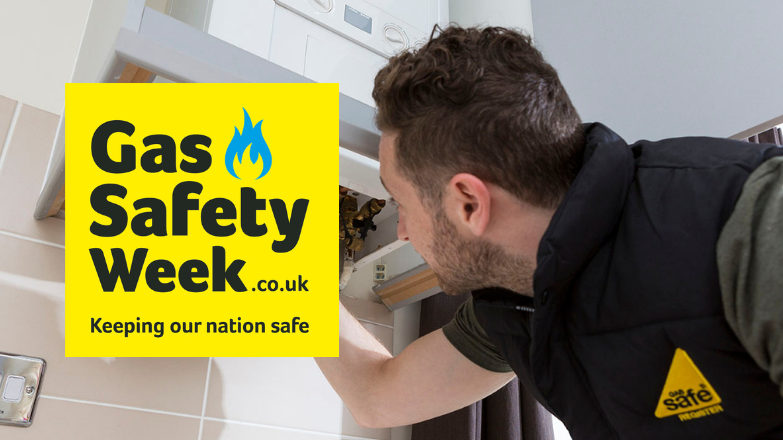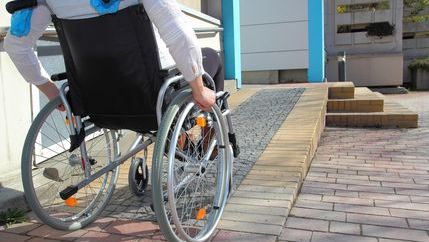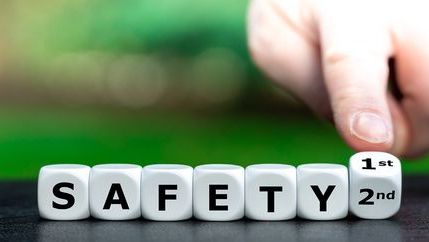
Promoting safety
Propertymark members can play a big part in ensuring agents, landlords, tenants, and homeowners prioritise gas safety in their homes by utilising the #GSW resources, which this year include assets available in Welsh, including:
- Social media images and messages
- Web banners
- Leaflets and posters
- Fact sheets
- Press release kit
Head over to the Gas Safety Week 2024 website to download the toolkits. →
Simple gas safety solutions
Badly fitted and poorly serviced gas appliances can cause gas leaks, fires, explosions, and carbon monoxide (CO) poisoning. CO is a highly poisonous gas that can kill quickly with no warning because it has no smell, or taste, and cannot be seen.
By taking care of gas appliances properly you are taking care of your property. Here are some simple checks you can do:
- Check that an annual gas safety check has been conducted. Gas appliances should be safety checked once a year and serviced regularly by a Gas Safe registered engineer. Tenants should make sure their landlord arranges this.
- Check engineers are Gas Safe registered. Always use a Gas Safe registered engineer and ensure they’re qualified for the work that needs doing via the Gas Safe Register website and the engineer’s ID card.
- Check for warning signs that indicate gas appliances are not working correctly. Signs may include lazy yellow/orange flames instead of crisp blue ones, black marks on or around the appliance, a pilot light that keeps going out, too much condensation in the room, or error messages on the appliance’s control panel.
- Check that vents or flues are not blocked. Vents and flues are there to ensure gas appliances work safely. Blocking them could prevent this.
- Check knowledge of carbon monoxide (CO) poisoning symptoms. Remember the six main symptoms: headaches, dizziness, breathlessness, nausea, collapse, and loss of consciousness.
- Check the carbon monoxide alarm. Regular testing ensures that alarms are operational and capable of alerting homeowners to the presence of deadly CO. They also need to be checked they are marked to standards EN50291 and still in date (if applicable).
- Check before doing DIY. Before drilling or hammering, check that there is no risk of hitting a gas pipe. Never DIY on a gas appliance; if something seems wrong with an appliance or it is not working correctly, call a Gas Safe registered engineer. Find one at GasSafeRegister.co.uk or call 0800 408 5500.
Remind yourself of landlords’ legal responsibilities for gas safety in England, Scotland and Wales.





